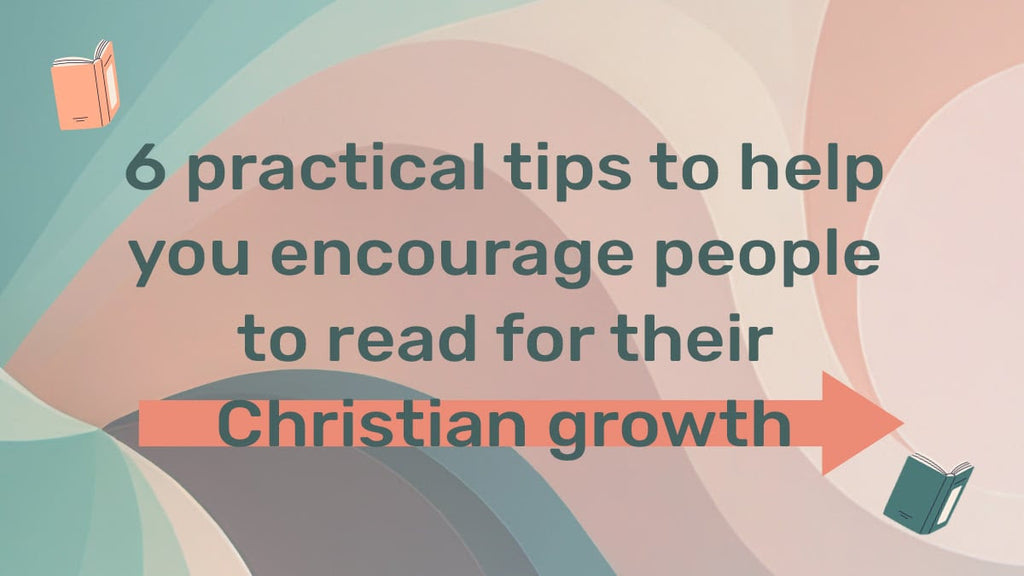Resolving to sleep
There are some obvious New Year's resolutions you might be considering as we kick off 2020 (the “Year of Perfect Hindsight”):
- get fit
- eat better
- leave work earlier to spend more time with the kids.
Then there are some ideas we often add to the list because we are Christians:
But here's one you may not have thought of:
- get more sleep.
It's one that's worth a second thought, and maybe even a third or fourth, because I’ve recently learned that adequate sleep:
- increases our ability to form both short-term and long-term memories
- helps us retain important memories and forget unimportant memories
- aids in learning and perfecting new skills
- guards against the onset of Alzheimer's disease and other forms of dementia
- reduces the likelihood of at least some forms of cancer
- enhances our emotional stability, concentration, alertness, recall and reaction time
- reduces the risk of heart attack, hypertension and diabetes
- assists with weight control and immunity
- helps us see reality more clearly.1
That’s an impressive array of health benefits, so just on the basis of those alone getting more sleep comes into contention as a top-tier resolution to make and keep.
But it's more than just your physical health that good sleep can help; prayer, reading your Bible, and getting to church more regularly will all potentially benefit. Actually, not getting enough sleep does little good for our godliness and spiritual health generally.
"That's all very well,” I hear you say, “but you don't know how hard it is for me to get a decent sleep."
True enough. And I recognize that some people do have terrible problems, sometimes caused by some pretty severe and intractable medical conditions. And if that’s you, you have my deepest sympathy, and I pray you are getting good support.
But I also know that many of us can, and ought, to do better than we do, and a really good starting point for that would be developing a solidly biblical theology of sleep.
A theology of sleep. Really?!
Yes, really—a way of thinking about sleep that reflects our Creator’s mind on the topic. A way of thinking about sleep that actually helps us change our approach to our sleep and our ‘awake’ times, and changes the way we deal with our thoughts and anxieties as we lay our head on the pillow each night.
The Matthias Media team has certainly found Geoff Robson’s theology of sleep a very helpful and challenging read as we’ve worked through it together. And given how much time we (should) all spend asleep, we reckon reading Thank God for Bedtime should be one of your New Year’s resolutions.
Whatever is on your list, we hope that 2020 will be a wonderful year for you, full of God’s blessings as you seek to serve and glorify him.
Footnote
1. Geoff Robson, Thank God for Bedtime, Matthias Media, 2019, pp 70-71.↩










